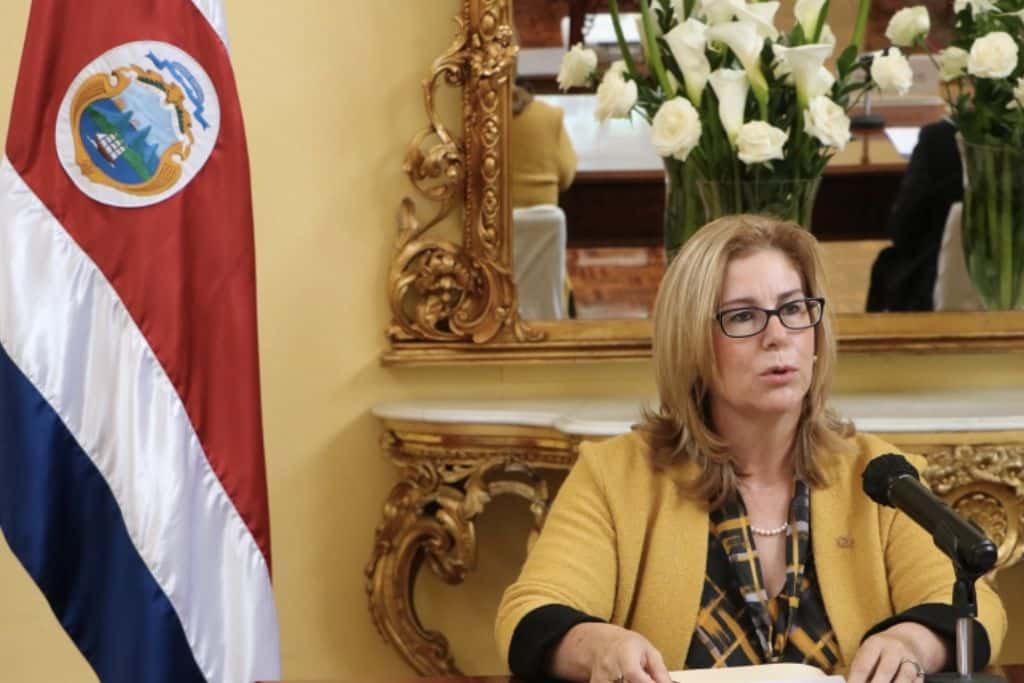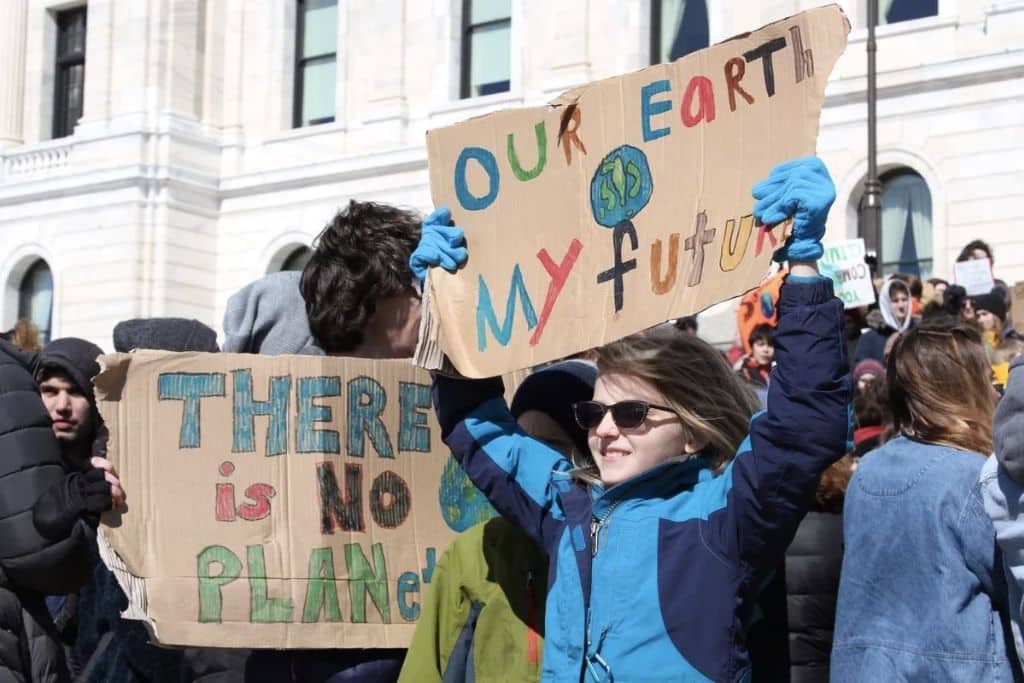In its long-awaited advisory opinion, the Inter-American Court of Human Rights (IACtHR) also affirmed states’ legal obligation to protect environmental defenders and ensure access to justice.
—
States and corporations have binding obligations under international law to address the climate crisis as a human rights emergency, Latin America’s top court on human rights ruled on Thursday.
Asked to clarify how states’ existing legal obligations apply in the urgent context of the climate emergency and its intersection with human rights, the Inter-American Court of Human Rights (IACtHR) laid out a series of legal standards, including the recognition of a right to a healthy climate as a human right as well as the obligations of states and businesses to prevent irreversible environmental harm and guarantee the protection and restoration of ecosystems.
“Causing massive and irreversible environmental harm…alters the conditions for a healthy life on Earth to such an extent that it creates consequences of existential proportions. Therefore, it demands universal and effective legal responses,” said IACtHR President Nancy Hernández López.
The 234-page advisory opinion sets out the court’s perspective on the climate emergency and human rights, recognizing that states have legal obligations under international law to protect current and future generations from the impacts of climate change, to take “urgent and effective” action to cut greenhouse gas emissions, to adapt, to cooperate, and to guard against climate disinformation and greenwashing.
Presenting the opinion in San Jose, Costa Rica, López addressed the right to a healthy environment, saying for the first time that it includes the right to a stable climate – both for individuals and the coexistence of species. The court first explicitly recognized a legal right to a healthy environment in an advisory opinion it issued in 2017.
In this regard, the court affirmed states’ legal obligations to regulate emissions from both public and private organizations, singling out exploration, extraction, transportation and processing of fossil fuels, cement manufacturing and the agro-industry. It said they should consider requesting compensation from businesses not complying with environmental regulations and introduce laws to hold transnational corporations accountable fir the emissions of their subsidiaries.

Notably, a section of the opinion addressed environmental defenders, affirming states’ binding obligations not only to protect those who defend land, climate, and human rights but also to investigate those acts, punish those responsible, and ensure access to justice.
At least 2,106 environmental defenders – many of them being Indigenous people – have been killed between 2012 and 2023, according to Global Witness. Weak legal protections, high levels of corruption, and intense conflicts over land and resource exploitation make Latin America one of the most dangerous to operate in for environmental defenders.
“Without environmental defenders, there is no climate justice,” said Center for International Environmental Law (CIEL) Senior Attorney Luisa Gómez Betancur, adding that the court’s opinion made it clear that protecting them “is not optional.”
López said climate change carries “extraordinary risks” disproportionately impacting the most vulnerable segments of society and concluded by stressing that there is no space for delayed climate action.
Wide-Reaching Opinion
The opinion came two years after Colombia and Chile submitted a joint request to the court. It saw unprecedented levels of participation, with over 260 written inputs and 160 oral presentations by states, civil society, Indigenous and Afro-descendant Peoples, and others on the frontline of the climate emergency during last year’s hearings in Barbados and Brazil.
While holding jurisdiction over 20 Latin American and Caribbean countries, the court on Thursday affirmed that the ruling, which takes into account a wide range of national, regional and international laws and principles, must guide the climate responses of all American states. This includes those who have failed to ratify the IACtHR – the US and Canada.
While not per se legally binding, the advisory opinion, as a review of binding international law, carries substantial legal weight and is poised to shape future climate policy and litigation.
“The Court has broken new ground and set a powerful precedent in affirming the human right to a healthy climate, the right to remedy and reparation of climate harm, and the absolute legal prohibition on conduct that causes irreversible damage to the environment and the climate on which all life depends,” said CIEL Climate & Energy Program Director Nikki Reisch, calling the opinion a “legal milestone” and a “blueprint for climate action and climate accountability.”
Second of Four
Thursday marked the second time an international court has issued an advisory opinion on climate change, after the International Tribunal for the Law of the Sea issued its opinion last May. The UN court on maritime law reaffirmed that states must “take all necessary measures to prevent, reduce and control marine pollution from anthropogenic [greenhouse gas] emissions.”
More on the topic: The ITLOS Advisory Opinion Is a Stringent Call for Due-Diligence for Climate Impacts on Oceans
The International Court of Justice, the world’s top court, is also expected to issue an opinion in the coming months on the obligations of states under international law to protect the climate system and other parts of the environment. And in May, the African Court on Human and Peoples’ Rights was asked to weigh in on climate-related legal obligations of African states.
This story is funded by readers like you
Our non-profit newsroom provides climate coverage free of charge and advertising. Your one-off or monthly donations play a crucial role in supporting our operations, expanding our reach, and maintaining our editorial independence.
About EO | Mission Statement | Impact & Reach | Write for us









